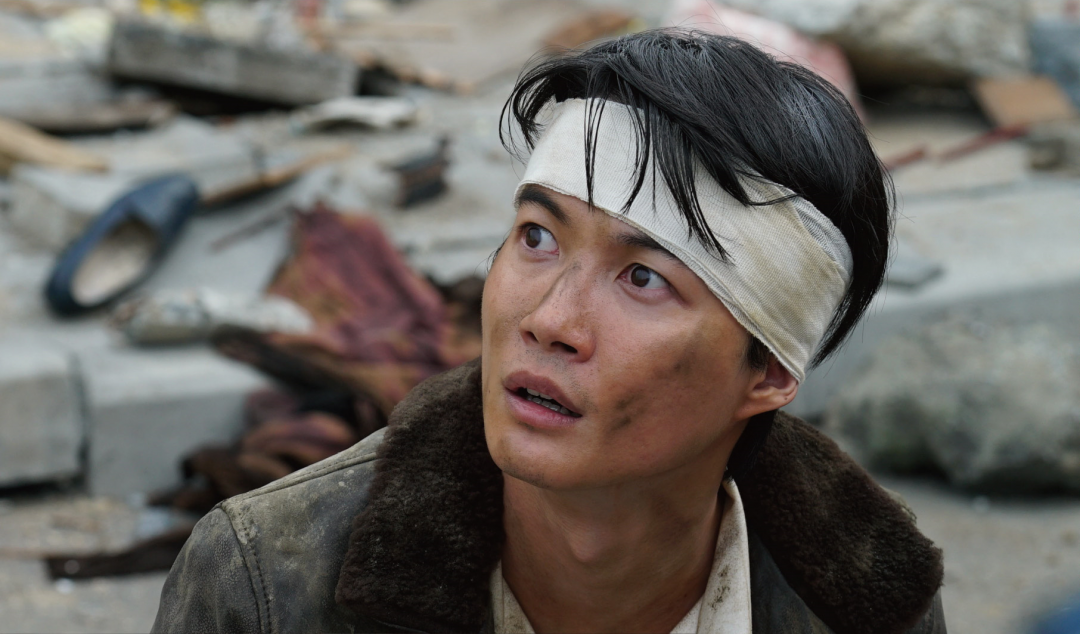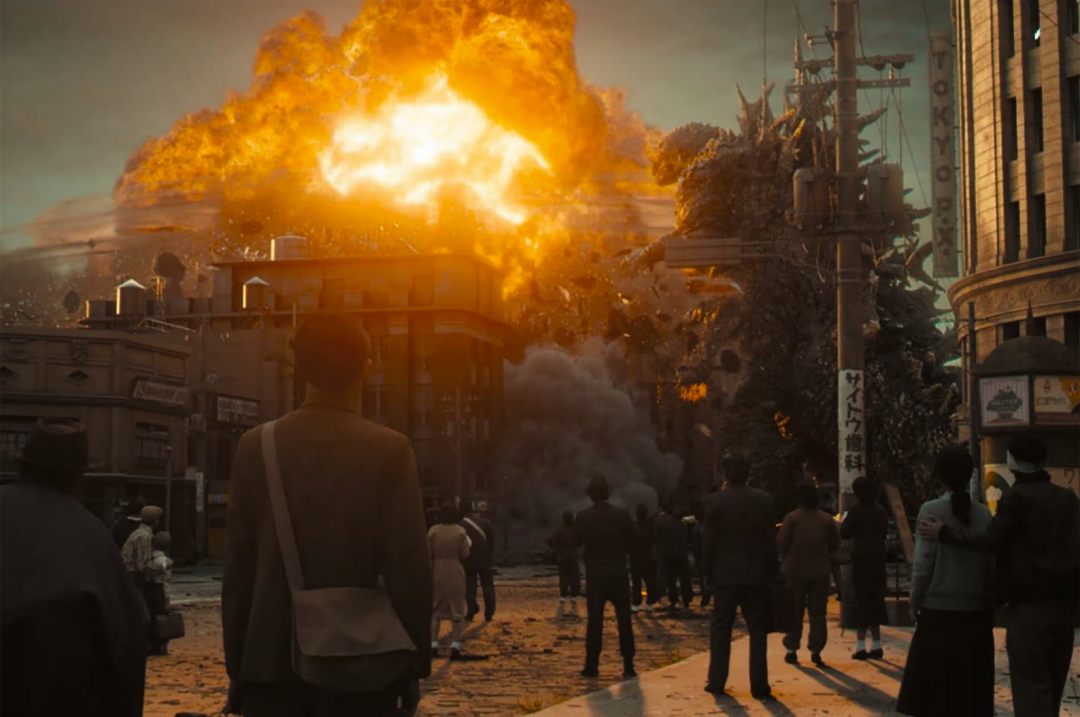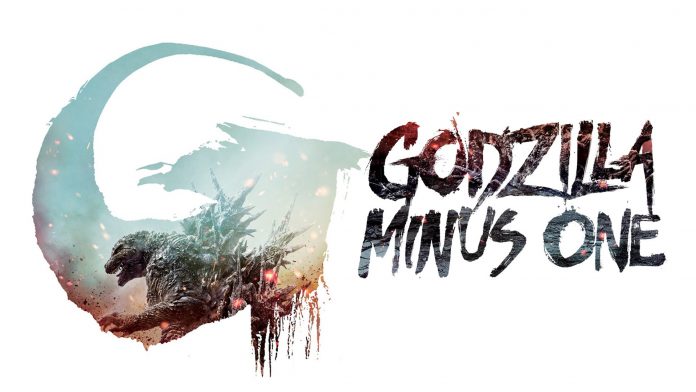It’s been seven years since Toho, the studio that originally created Godzilla, released a film from the franchise in theatres. Even then, it’s been nigh inconceivable that a Japanese Godzilla film could make the worldwide splash Godzilla Minus One did as it defied the odds to become a global sensation.
Since it released to theatres in North America on Dec. 1, 2023, Godzilla Minus One raked in over $100 million worldwide, returned to theatres in a special black-and-white version for one week (cleverly titled Godzilla Minus Colour), and earned the Godzilla name its first-ever Oscar nomination.
This refresh of fame for Godzilla couldn’t be more well-deserved, as this new film is rife with heartfelt performances, impressive special effects, deep themes of survivor’s guilt and the human spirit, and tension-filled scenes that will have you gritting your teeth, frozen in your seat with anticipation and pure dread.
By the time it’s over, your ears will be ringing and you’ll be gasping for air, this is one of those movies that begs to be seen on the biggest and loudest screen possible. With an extremely humble $15 million budget, it’s almost a miracle the things they’re able to achieve.
It becomes quickly apparent this is the best Godzilla has ever looked and sounded, ear-shattering roars and careful visual effects bring the titular ‘zilla to life like never before. And despite the dark and downright depressing subject matter at times, the film has a strong, beating heart in its themes and full-bodied performances.
It isn’t just the best Godzilla has ever looked but could be the most terrifying rendition to date. A towering, hulking figure that only knows how to destroy, and seems to almost revel in it, Godzilla is a vengeful spirit wreaking havoc on the country that betrayed him.
One shot very early in the movie, bathed in darkness save for one searchlight, is downright horrifying and may very well stay etched in your mind long after seeing the film.
The film follows a crestfallen Kamikaze pilot, Koichi Shikishima, returning home from the Second World War wracked with grief and survivor’s guilt after witnessing a slaughter at the hands of the titular Godzilla. A slaughter which the film wants you to believe could have been avoided, and one that Koichi clearly blames himself for. To make matters worse, he’s returned right after the Tokyo bombings, where he lives.

It’s not long after leaving the war that he meets a woman, Noriko Oishi, taking care of a child that isn’t her own and letting her take shelter in his home. He soon meets a rag-tag group of ex-navy sailors tasked with disarming mines left out in the sea during the war. Koichi sees this as his big break, a chance to distract himself from the fear and post-traumatic stress disorder taking over his life and make some good money doing it.
Unfortunately for him, it soon becomes clear that Godzilla and Koichi are on a crash course to meet once again, and the latter of which will soon have to face the daemon from his past he tries so hard to ignore.
When the action really starts rolling, the film isn’t short on the wanton destruction Godzilla is known for – undone train cabs and trucks fly across the screen, entire buildings are toppled into rubble and ash, every step Godzilla takes leaves a permanent imprint in the ground beneath him.
It’s no secret now that the original Godzilla served as an analogy for the terror Japan faced during the Hiroshima and Nagasaki bombings in 1945, which also happens to be the same year this new film takes place.
This wartime analogy is used again and to incredible effect. Except this time, the filmmakers take it a step further to point the finger at Japan itself and their treatment of Japanese soldiers in the Second World War. The choice to make the main protagonist a Kamikaze pilot, a human being decimated by trauma and disillusioned with the idea of dying in a war they already lost wasn’t just a coincidence.
And without going too far into spoilers, the movie not-so-subtly changes Godzilla’s heat ray from a continuous laser into a single, concentrated atomic blast, hearkening the visuals to the atomic bombs dropped by the U.S. onto Nagasaki and Hiroshima. It’s safe to say this movie doesn’t hold back making comparisons to the horrors of war, in fact, it wants you to see it.

Godzilla has one of the longest histories of any film entities ever conceived and despite many ups-and-downs for the series, a genre flip into pure action and a slew of American remakes, the atomic lizard is still going very strong today. Pure dedication and willpower on the side of the filmmakers, VFX artists, sound designers and actors culminates in a stellar presentation and one unlike this franchise has ever seen.
Toho has made quite possibly the most poignant and greatest Godzilla film ever conceived.




